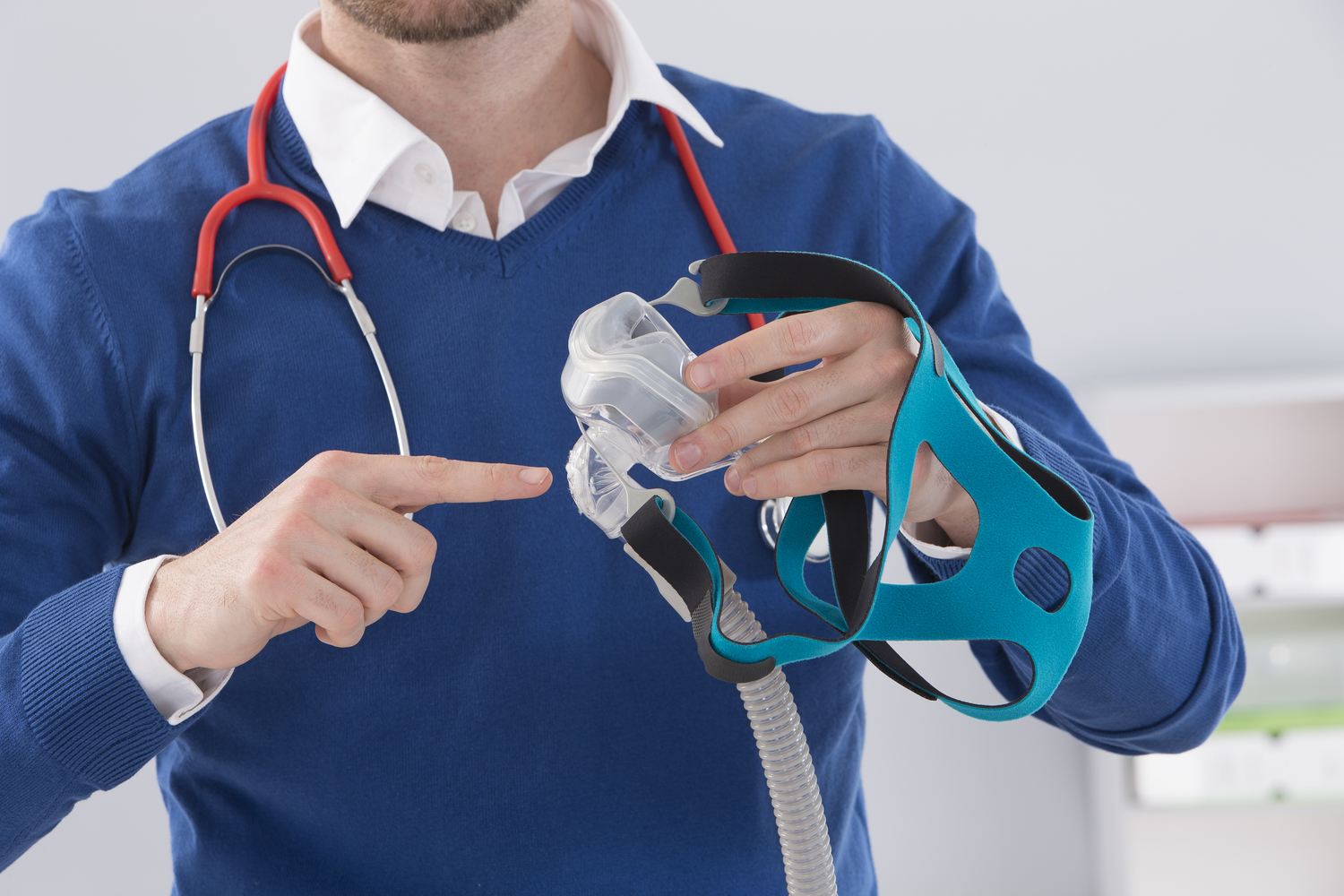Different Types Of CPAP Supplies
Continuous Positive Airway Pressure, commonly known as CPAP, is a type of therapy/treatment for people with sleep apnea. The CPAP therapy involves a few devices, such as a mask and a machine, that help patients breathe properly when they’re asleep. The mask and the machine used for the therapy consists of several supplies that wear out with daily usage.
A CPAP supply is any item that you use to support your mask and machine function, such as filters, mask parts, hose, tubing, and more. These supplies require periodic replacement for the devices to work efficiently. If you don’t replace the supplies from time to time, the quality of the air you breathe will degrade, which can have an adverse effect on your health.

Mask parts
CPAP mask and mask parts are among the most important supplies that need to be replaced regularly. A single mask is never meant to last a lifetime, and it should be completely replaced every 6 to 12 months of usage. Your mask consists of several parts that directly affect the quality of the therapy you’re receiving. And if you do not replace them when they wear out, the effectiveness of the therapy will reduce.
Filter
A filter is the most critical supply of your CPAP machine. It essentially decides the quality of the air you breathe while asleep. They are specially designed to help remove dust, mold, and other contaminants from the air. Most CPAP machines come with at least two types of filters: reusable filters and disposable filters. You can also buy an optional bacteria filter that can help remove the smallest irritants and microbes that may not be filtered out by the other two filters. Disposable filters are usually made of fine mesh paper, and they work like regular air filters in your car or your home. As the name suggests, these type of filters should be disposed of and replaced with a new one as soon as it starts appearing discolored. It usually takes four weeks or so for the discoloration to occur. On the other hand, reusable filters are made of foam and you need to clean them regularly. Consider replacing reusable filters as soon as the foam begins to degrade, which often takes around six months.
Hoses and tubing
A hose is yet another essential supply that connects the CPAP machine to the CPAP mask. It’s a cylindrical hollow plastic tube that supplies compressed air from the machine to the mask. Standard hose and heated hose are the two main types of hoses. A standard hose is about 6 feet long and made of plastic. A heated hose is of the same length as a standard hose but has heating coils that heat up with electricity. It’s important that you clean the hose periodically to maintain the quality of air. But cleaning them can be quite challenging, because it is long and narrow, and can only be cleaned using a special tube brush that can scrub the inside of the hose. Additionally, you must also rinse the hose well with vinegar or mild soap and water solution. If you’re unable to clean them properly, or if the quality of the supplied air is poor, you must get the CPAP hose replaced.
Humidifier and humidifier parts
A CPAP humidifier adds moisture to the air supplied into your body. This is important to prevent dry mouth or dry nose sensation you may get with your mask on. Also, without this CPAP supply, you may end up feeling extremely thirsty in the morning. Humidifiers are available in two types— cold humidifiers and heated humidifiers. Typically, CPAP machines allow you to set the humidifier temperature as per your preference. The higher the temperature, the more moisture there will be in the air that you breathe. However, in the case of a cold humidifier, also known as a passover humidifier, the air neither heats up, nor does it get cold. It’s a humidifier with a water chamber, and the air picks up moisture from this chamber. Since these humidifiers consist of parts like chambers, lids, and seals, they are likely to break at some point. Instead of replacing the whole CPAP humidifier, you can buy a supply or two, as required.
Machine parts
CPAP machine parts do not have a fixed replacement schedule. So, you can save money and replace them only when they’re broken. These include parts like power cords, power supplies, outer panels, and miscellaneous machine parts. The parts may vary depending on your CPAP machine brand. Also, the power requirement may change from one machine to another. Some CPAP machines have simple cords that connect to an AC outlet, while others have unique plugs that require a different power supply and cords.

